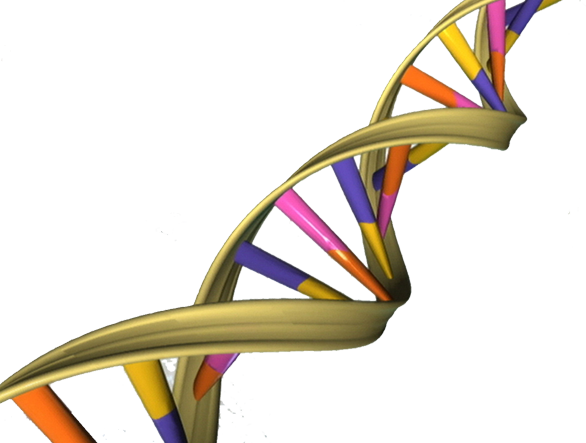 The Harvard Prof George Church seems to have hit on a new marketing ploy for his upcoming book Regenesis. You may have read it in The Guardian, so it looks like it is working. He has produced it in a new format: DNA. Now, of course a book is just information, which is why you can download it onto a Kindle, iPad, etc. And it has been known since the 1940s that DNA encodes information – that is just what we and other living organisms use it for.
The Harvard Prof George Church seems to have hit on a new marketing ploy for his upcoming book Regenesis. You may have read it in The Guardian, so it looks like it is working. He has produced it in a new format: DNA. Now, of course a book is just information, which is why you can download it onto a Kindle, iPad, etc. And it has been known since the 1940s that DNA encodes information – that is just what we and other living organisms use it for.
In 1944 the scientists Avery, MacLeod and McCarty showed that DNA could be used to essentially reprogram bacteria, i.e., that DNA contained information that reprogram bacteria, their case from a benign to a nasty type. So the idea of DNA as data storage is nothing new, Church and coworkers are just the first to show how to use it to store a lot of the sort of information we want to store, such as a book. Which is neat.
As an information storage medium, DNA has its pros and cons, although I guess we should not knock it too much as of course without it we would not be here. The pros are compactness, it’s storage capacity is about 1 bit of information per cubic nanometre, or about 800 billion terabytes per cubic centimetre.
Incidentally, this huge capacity is essential to life, you need it as (almost) all your cells have complete copies of all your genes in them, which is a lot of information per cell, something like a gigabyte per cell.
The obvious con is speed, a single DNA molecule is only read at maybe 10 bits/s, which is seriously slow in comparison with computer chips. I am writing this on a MacBook Air, which has a 2 GHz CPU, so it shovels information 2 billion times per second. Having said that my body has hundreds of trillions of cells, and the DNA in each is constantly being read many times in parallel, so the total rate of information retrieval in mine and your body is much higher than in our computers.
So, maybe the Kindle’s electronic storage medium will be (at least for some applications) superseded by DNA, but having said that, I’ll probably buy the hardcopy version of Church’s book.
